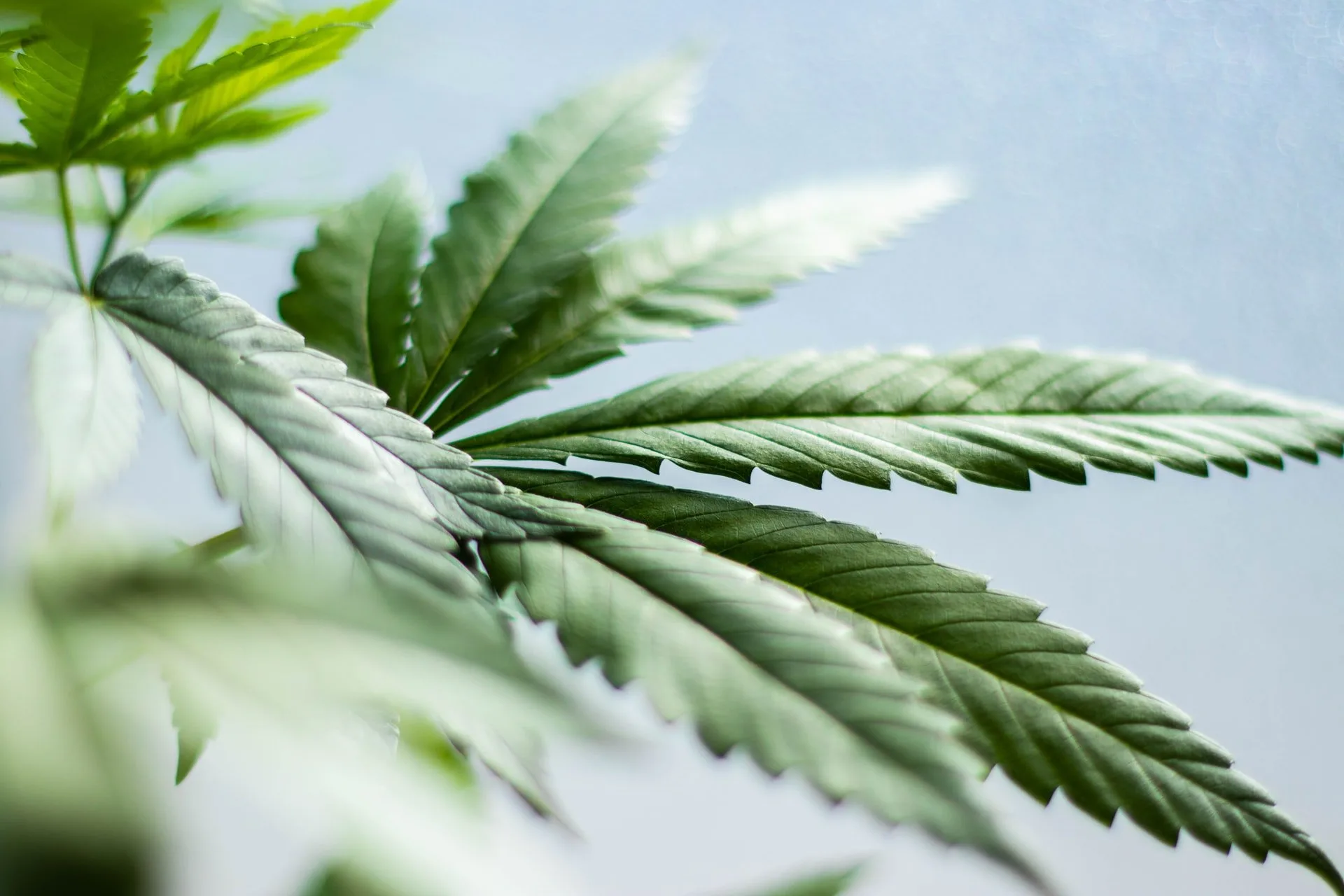When we think of CBD, we generally tend to think of its relaxation properties. But, according to some studies, it might also be beneficial for increasing your longevity. It seems that it can improve both your physical and mental well-being. This is despite the fact that it’s best known for its association with the treatment of mental health conditions such as depression and anxiety. To find the right cannabis product for your physical and mental health conditions, speak with experts at your local marijuana dispensary. But with research increasing each and every day, its ability to treat other, physical disorders such as diabetes has become much better documented. So, could CBD help you to live a longer and healthier life?
What is CBD?
Unless you’ve been living under a rock, you’ve likely heard of CBD. It’s one of several compounds found in the cannabis plant. It is essentially a safer way to get all the benefits usually associated with cannabis, but without the psychoactive properties that go along with cannabis.

Photo by CRYSTALWEED cannabis on Unsplash
With its massive rise in popularity, more companies have cottoned on and begun using CBD in their products. It also comes in a multitude of forms including oils, tinctures, creams, lotions, capsules, gummy sweets, candy, and vape juice.
What’s the difference between CBD and THC?
When it comes down to it, the major difference between CBD and THC is that the two are different active compounds. CBD is one of many active compounds found in the cannabis plant. However, unlike THC, it does not have any psychoactive properties. So whilst THC gets you high, for example, Runtz weed, CBD doesn’t. Thus, with CBD, you get the same therapeutic benefits that you might get from THC, but without the high or ‘stoned’ feeling. Many dispensaries, such as dispensaries in Missouri, will carry products that mix THC and CBD at different levels.
It’s still not very well studied
Despite its rise in popularity over the last few years, CBD is not well studied. In the studies that have been done, it looks like it might have major positive effects. Many of the studies undertaken show that CBD is effective in the treatment of anxiety disorders, PTSD (post-traumatic stress disorder), addiction, and even schizophrenia.

Photo by Enecta Cannabis extracts on Unsplash
A study conducted on rats found that it might be effective in the treatment of pain associated with arthritis. Furthermore, a study on human cells showed that CBD cream is an effective anti-inflammatory.
However, as more and more people experiment with it, it is likely that a lot more studies will take place, and we’ll begin to understand the science behind the effects of CBD much better.
However, despite the relative lack of research associated with it, it has become clear that there are undoubtedly several health benefits associated with the use of CBD.
So, could CBD be the key to longevity?
If we look at the studies that have been done on CBD thus far, it is clear that it seems to help with a wide variety of issues and complaints.
These days, it is impossible to go about your daily life without experiencing some stress. Of course, with the advent of Covid-19 and the associated lockdowns, our mental health was put under even more severe pressure. This has led to many more people experiencing mental health issues.
Whilst ups and downs are a largely normal part of life, when they become unmanageable and go untreated, even ‘mild’ symptoms can become serious. Overall, it seems like though the CBD itself won’t directly affect your lifespan, its associated benefits likely will.
It’ll help you sleep better
Many of us struggle to get to sleep on a daily basis. However, what we tend not to take into consideration is the fact that lack of sleep can have a severe impact on your  body and might even decrease your lifespan.
body and might even decrease your lifespan.
Of course, it’s important to note that sleep (and the amount your body needs) isn’t the same for everyone. The amount of sleep you need is dependent on a few factors, such as personal differences and age.
Chronic lack of sleep can lead to a multitude of health problems including heart disease, weight gain, heart attacks, irregular heartbeat, strokes, diabetes, high blood pressure, and in severe cases, heart failure. Despite the important role it plays in our overall health, it’s almost never the first thing we think of when we start to feel ill.
How can CBD help?
Because it is useful in the treatment of anxiety, it follows that it is beneficial for sleeplessness. Many experts claim that a massive two-thirds of people in the developed world aren’t getting enough sleep.
In the course of addressing the feeling of anxiety that is so prevalent in the modern world, CBD can relax the mind, which is often what keeps you awake at night. A number of unbiased CBD product reviews from people who have actually used the products can attest to the potential benefits of cannabis in dealing with anxiety.

tommaso79/shutterstock
As we work harder and still struggle to attain financial security, our minds tend to work overtime. And this is likely the reason that so many people in the modern world struggle with anxiety.
As using CBD for anxiety relief helps to relax the mind, you are able to sleep better which, in and of itself, has huge benefits and no doubt increases longevity.
It also offers relief from pain
Another major benefit of CBD is that it is known to offer relief from pain and stress. CBD appears to be able to reduce inflammation in the body. This seems to be due to its ability to engage with organs in the body and relax them, reducing inflammation. Recent studies have found that topical application is highly beneficial as it is able to directly target the affected area.
Takeaway
Thanks to the numerous studies that continue to come out, it has become clear that there are undoubtedly several health benefits associated with the use of CBD.
References
https://www.healthline.com/program/cbd
https://longevity.technology/lifestyle/cbd-for-healthspan-time-to-turn-over-a-new-leaf/
https://www.healthline.com/health/your-cbd-guide
https://www.sleepfoundation.org/how-sleep-works/how-much-sleep-do-we-really-need
https://www.webmd.com/sleep-disorders/features/10-results-sleep-loss



![women [longevity live]](https://longevitylive.com/wp-content/uploads/2020/01/photo-of-women-walking-down-the-street-1116984-100x100.jpg)










